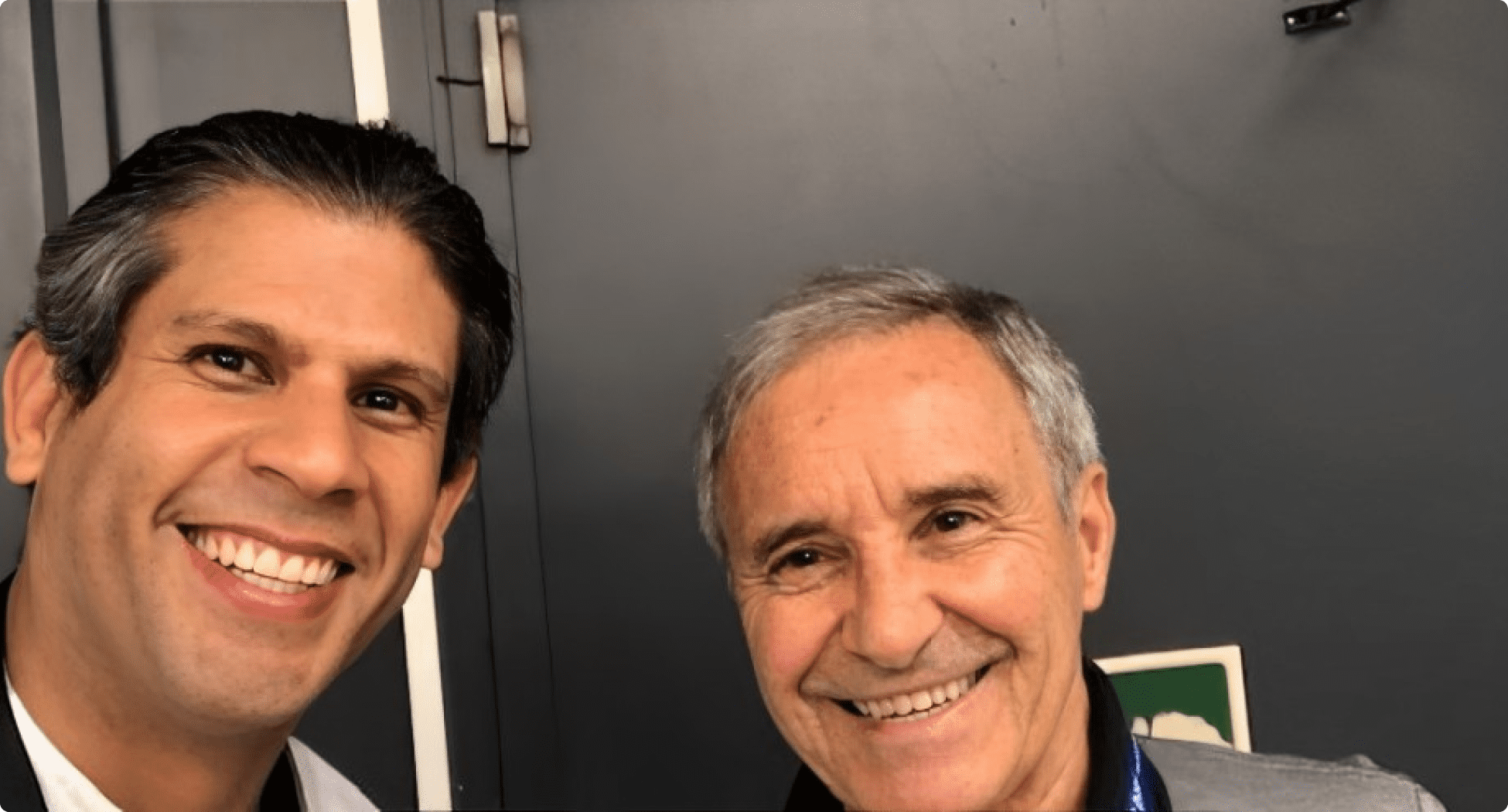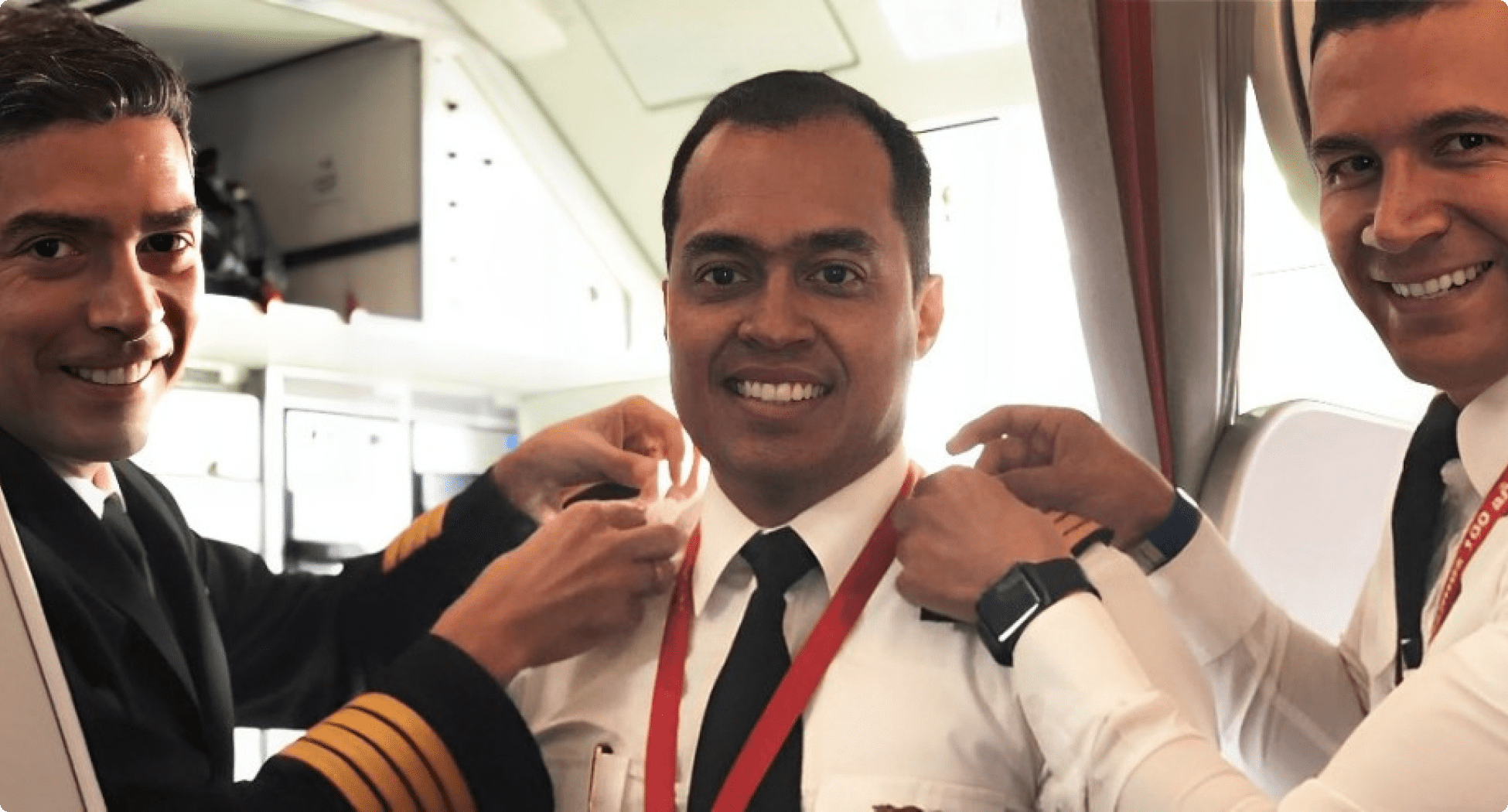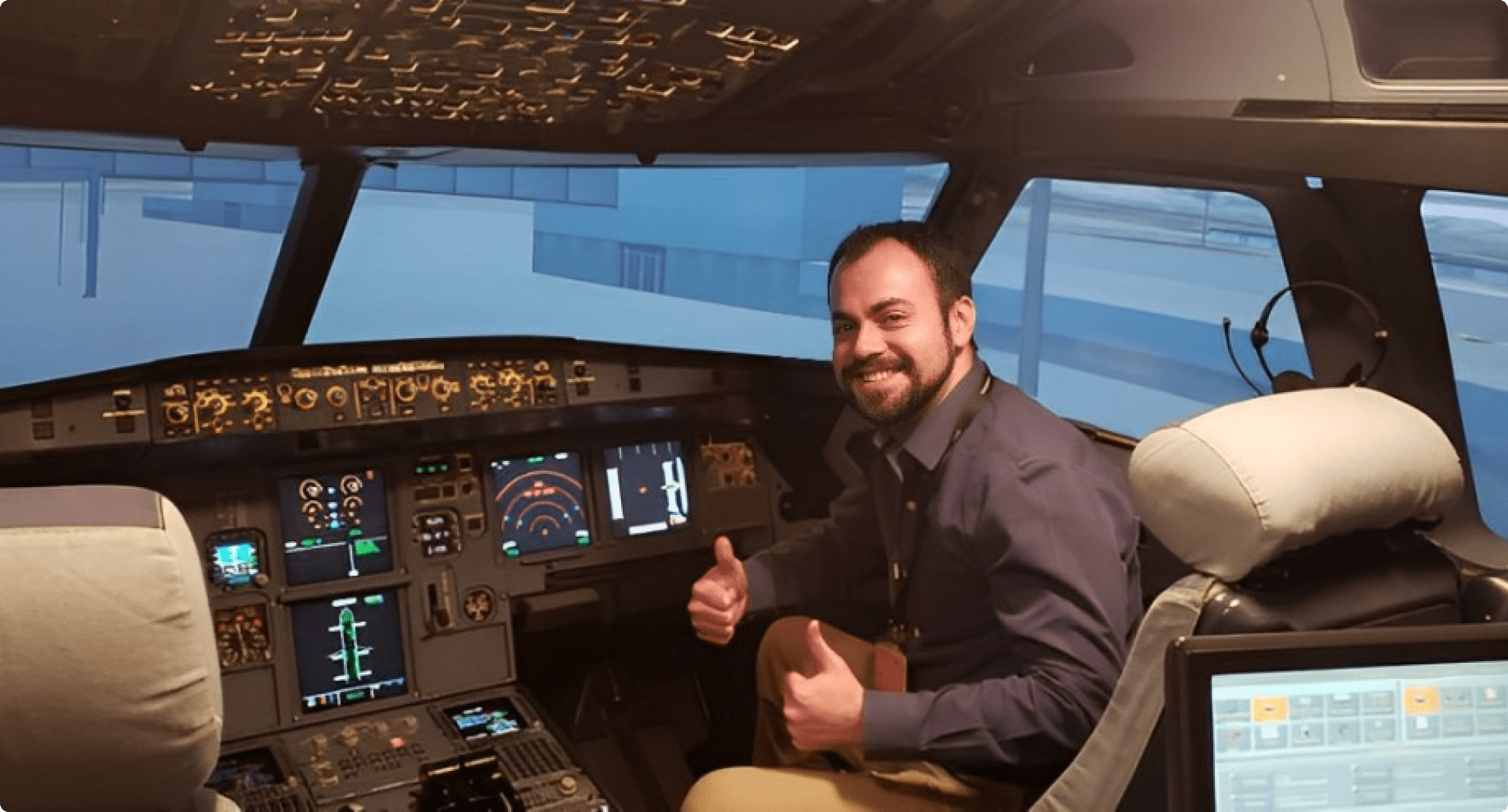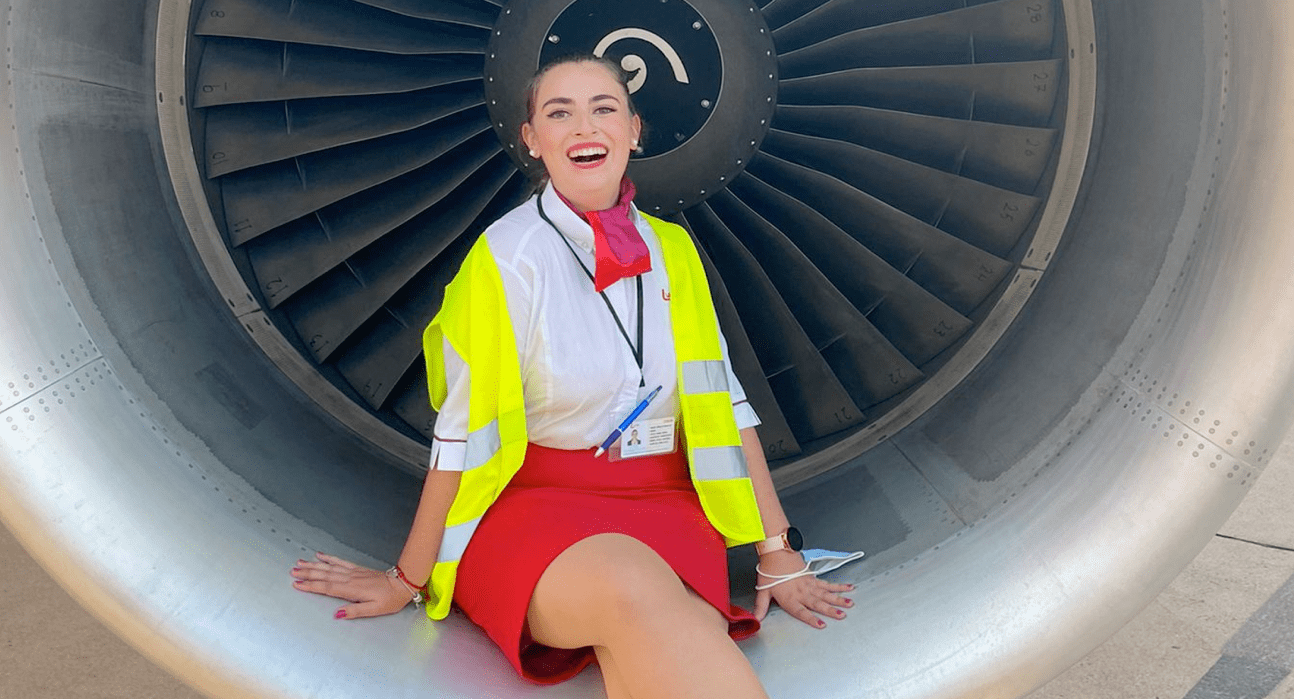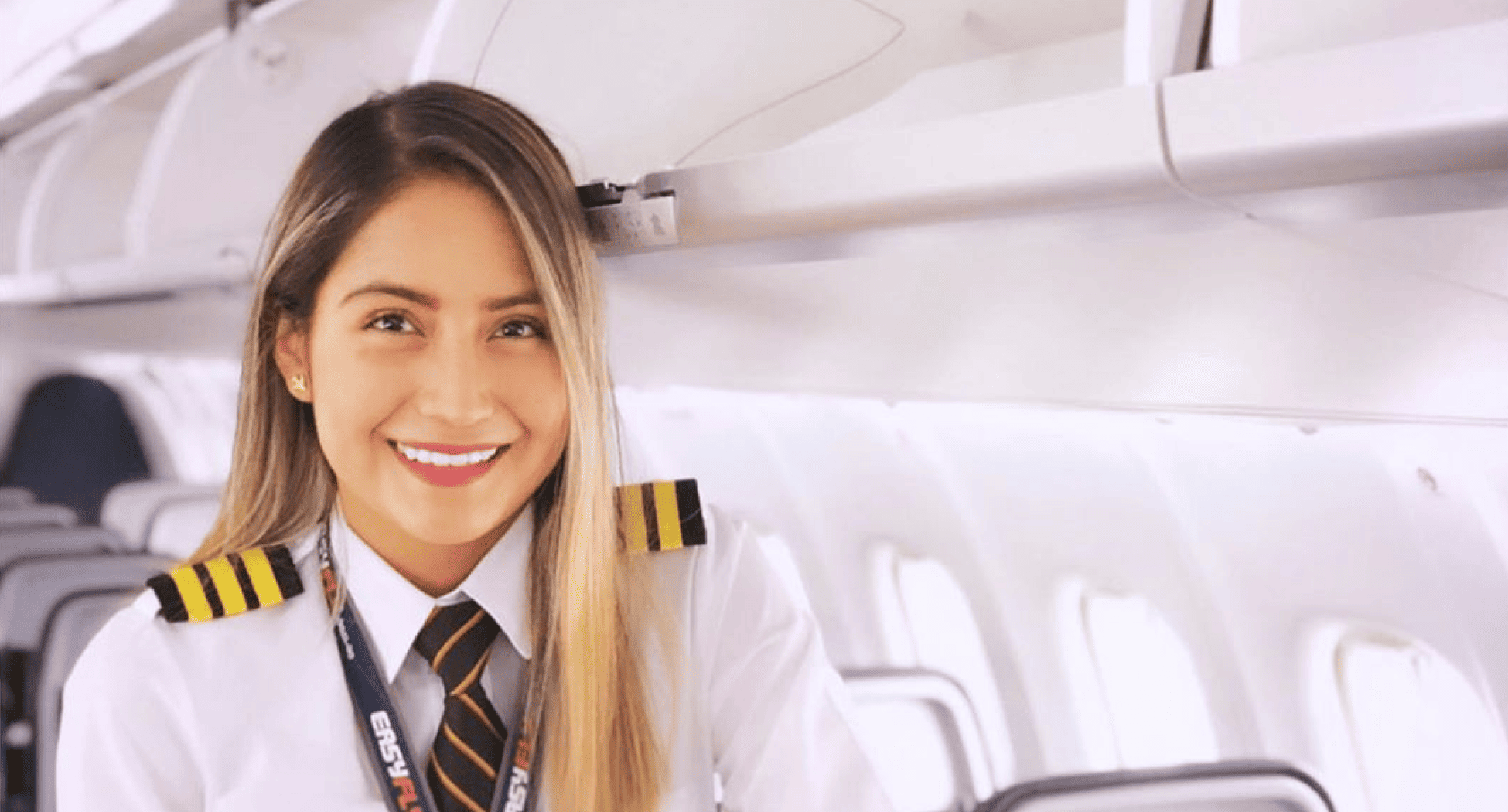We have developed our own training methodology based on a cognitive and collaborative approach (the Philosophy behind the methodology). The reason is to integrate both the high tech simulators and training devices -level with the human factor in order to obtain a high-tech collaborative training where both instructor and student play an active role in the learning process.
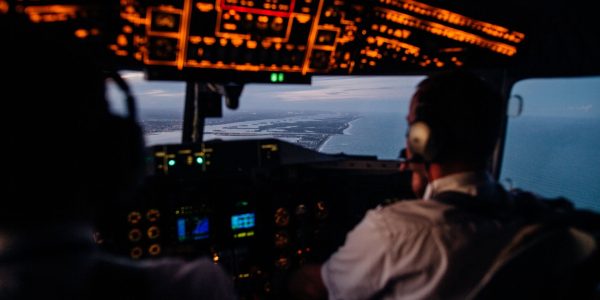
GTA ́s Methodology intends to prioritize reasoning and critical thinking above systematic memorization of concepts.
Concentrating the pilot training on moving away from fact-based education towards collaboration.
From initial classroom attendance to competency-based training and assessment (CBTA) in the final stages of the full flight simulator sessions.
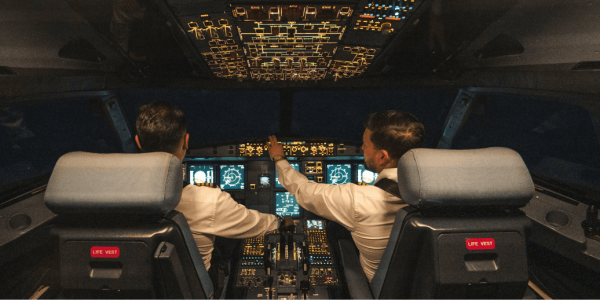
Develop and asses KSAs through assimilation of fundamental concepts and core competencies when flying an aircraft in a collaborative environment.
This new approach to pilot training aims to develop and assess trainees’ Knowledge, Skills, and Attitudes (KSAs) by the assimilation of Fundamental Concepts and Core Competencies when flying an aircraft in a collaborative environment.
We have created a tool to implement our methodology based on the cognitive and collaborative approach: the ACT! method. To provide the general principles, strategies and pedagogical tools to be applied when teaching, these are the goals of the ACT! method.
ACT! encompasses a variety of training objectives which are directed to:

Develop a smooth transition between ground and simulator training.
Encourage the development of pilots critical thinking skills.
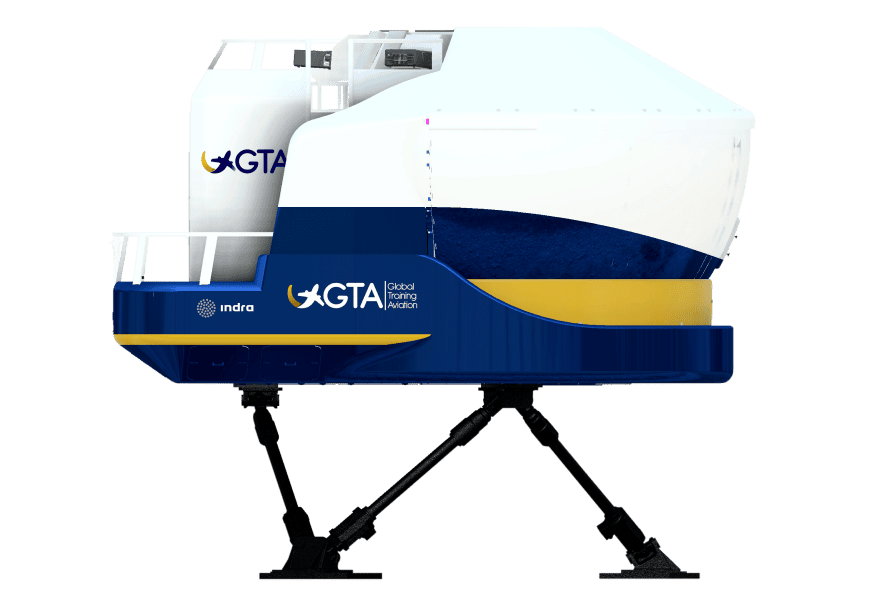
Ensure understanding and application of theoretical knowledge.
Developmental teaching is an instructor-led learning situation, which solicits the active involvement of the trainees in the instructional process. It is one of the most useful methods.
Developmental teaching is an instructor-led learning situation, which solicits the active involvement of the trainees in the instructional process. It is one of the most useful methods.
The summative assessments provided in the ACT! method enables the instructor and evaluator to work with a trainee to collect evidence of the competencies and performance criteria to be demonstrated with respect to the interim or final competency standards.
Aula Magna is a module of ACT! which has been developed to integrate and align GTA’s training personnel in the philosophy of the methodology. The main objectives are standardizing and upskilling instructors’ KSAs.
Course Objectives:
– Ensure understanding and application of knowledge.
– Develop an effective strategy to prepare trainees for real-life situations
– Apply CBTA
– Integrate TEM and UPRT
– Foster resilience
FRANCISCO ESPINOSA
Training Standardization Manager
“We’ve developed our own methodology to seamlessly integrate advanced technology with the human factor, creating a high-tech, collaborative training environment where both instructors and students actively engage in the learning process. We prioritize reasoning and critical thinking over rote memorization of concepts.“

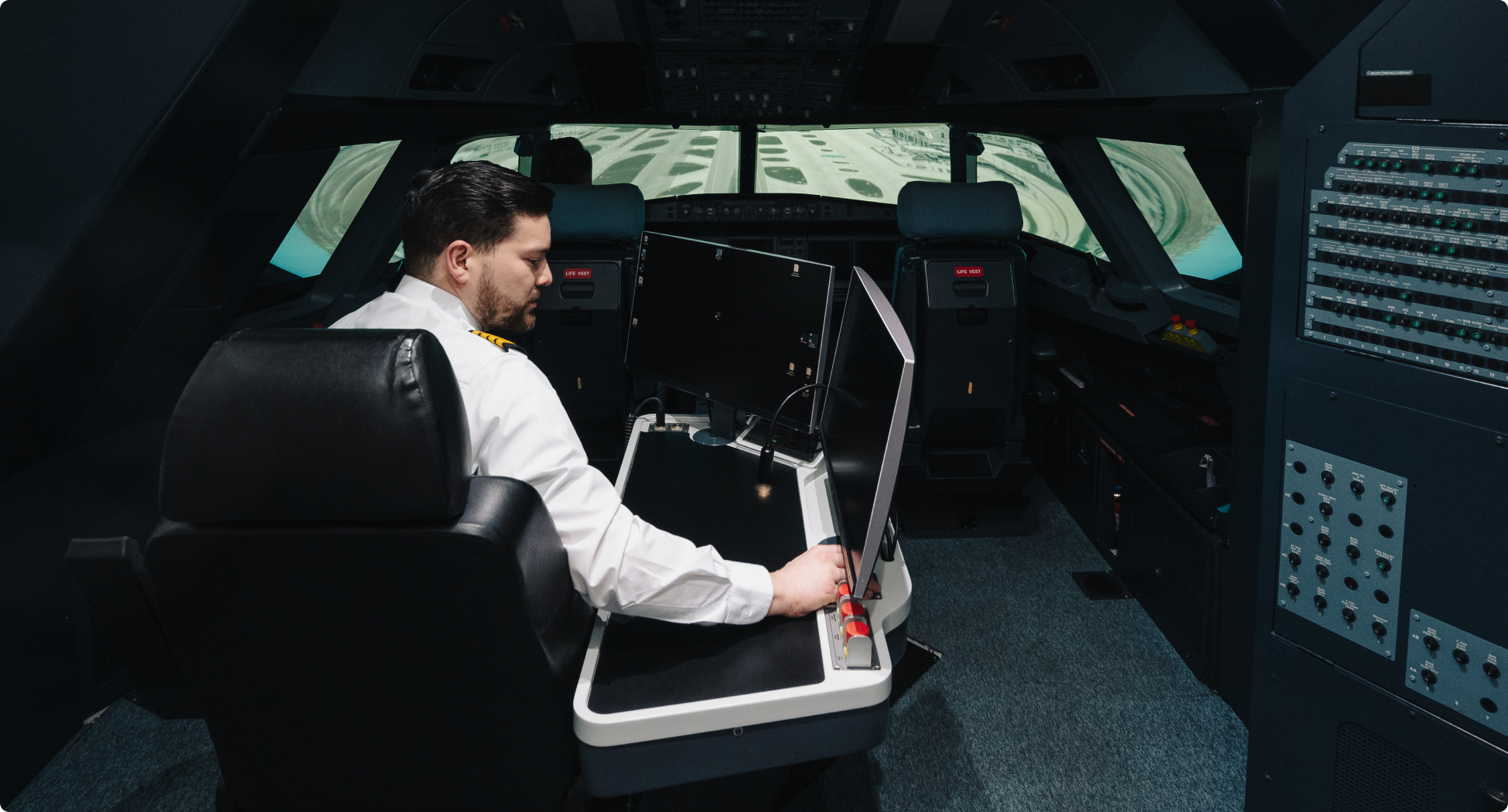
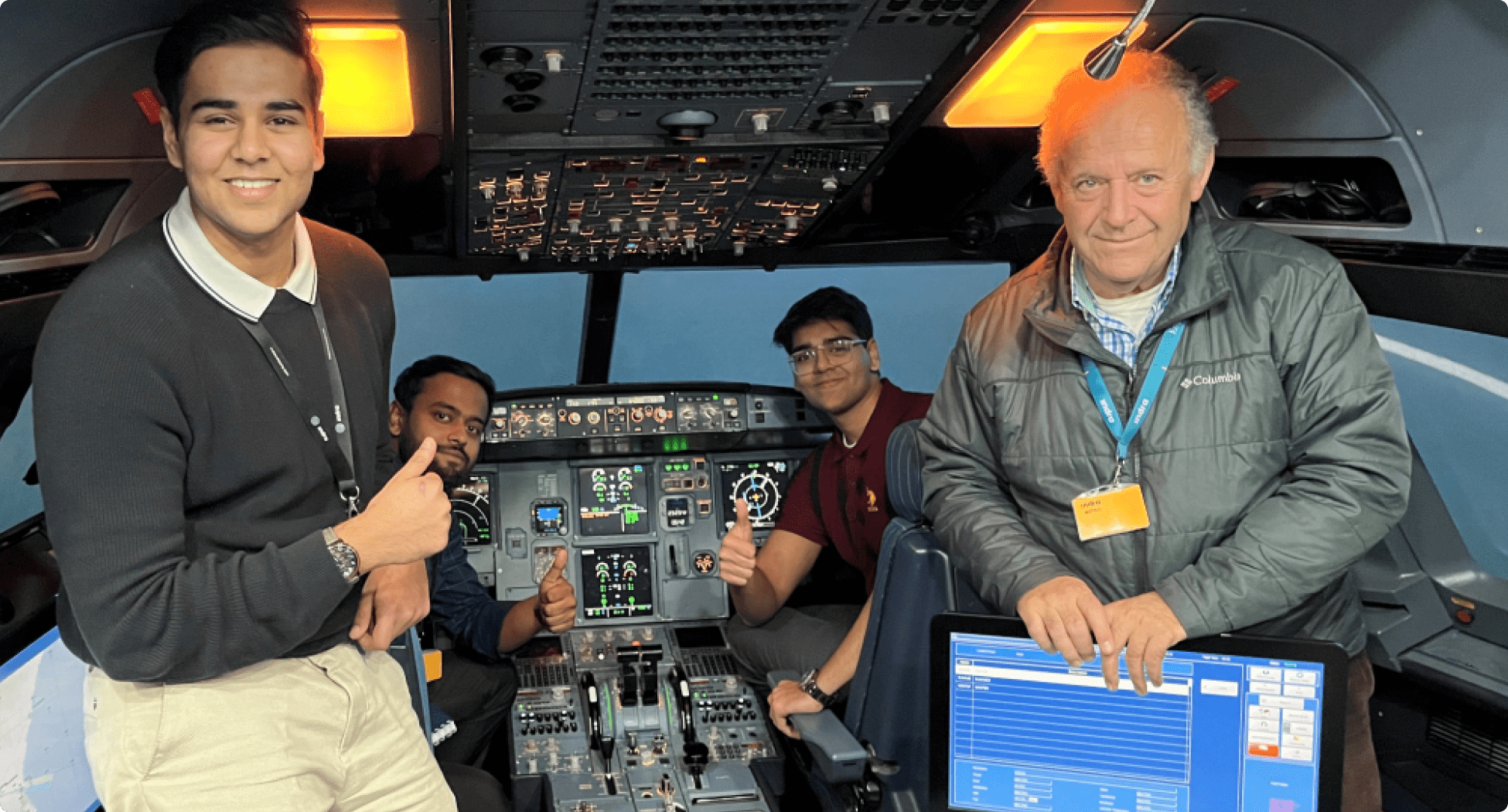
We believe that instructor-student interaction is fundamental. Our instructors, with their extensive expertise and professionalism, are our most valuable resource. Their dedication ensures that each trainee pilot receives personalized attention tailored to their specific needs, fostering a collaborative learning environment.

GTA Head of Training


TRAINING STANDARDIZATION MANAGER


Head of training GTA Colombia


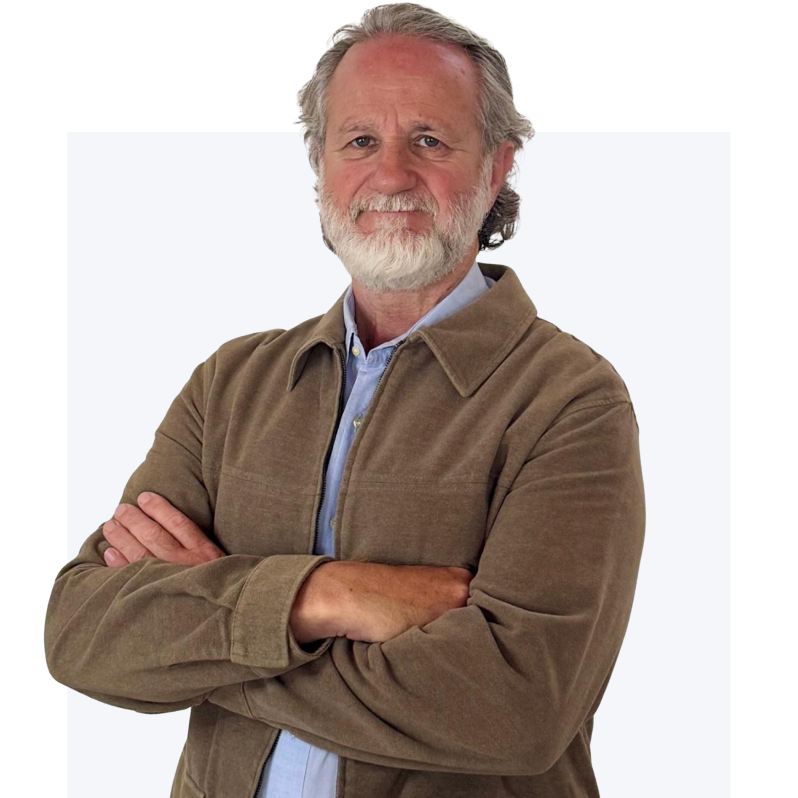
Instructional Design Coordinator





